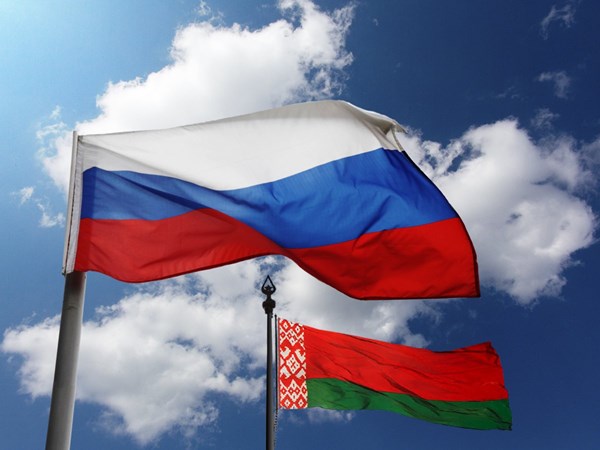Belarus to cut back Russian oil imports by half
Belarus will be reducing its imports of Russian oil by a factor of 2-3, said President Alexander Lukashenko.
Although there are no 100% alternatives to Russia’s supply at present, Belarusian refineries need to diversify their sources of crude oil, Lukashenko emphasized during a meeting on refinery growth on Tuesday.
“We need to move towards buying 30-40% of our oil from Russia. 30% we should bring in from the Baltics and 30% through Ukraine – an already tested route,” the Belarusian state news agency BelTA cites Lukashenko as saying.
Last year Russian companies supplied Belarus with 17.9 million tons of oil. This year, according to Lukashenko’s directive, this figure should drop to 7 million tons.
“The economic conditions under which we are being forced to operate are becoming more difficult,” the Belarusian president observed. A Russian tax maneuver which took away Minsk’s opportunity to buy oil without duties has affected the revenue and budgets of Belarus’s refineries.
“Refineries are faced with the problem of financing their current activity and, importantly, their investment programs aimed at growing production,” Lukashenko lamented.
The numerous attempts to reach an agreement with Moscow have been fruitless. The only Russian oil companies which are still delivering oil to Belarus are Russneft and Neftisa, which belong to the billionaire Mikhail Gutseriev. In January they will supply 750,000 tons, only half of the Novopolotsk and Mozyr refineries’ monthly capacity of 1.5 million tons.
A batch of Norwegian oil was scheduled to arrive in Belarus on Wednesday, TASS reported, citing Belneftekhim spokesperson Andrey Rybakov. The 80,000 tons of Johan Sverdrup oil would have arrived for the Novopolotsk refinery through the port of Klaipeda in Lithuania.
“Alternative deliveries are being considered. I won’t announce anything, but there are already essentially ready contracts,” Rybakov added.
Belarusian First Deputy Prime Minister Dmitry Krutoy said that his government has sent offers to purchase oil to Ukraine, Poland, Kazakhstan, Azerbaijan and the Baltics.
Even though Lukashenko is continuing to resist pressure from the Kremlin, which wants to accelerate the integration of the two countries into a union state with a common currency and supranational organs, Belarus’s chances are not so good.
In 2020, Minsk has to repay $2.6 billion in foreign loans and another $1.2 billion in interest. The government’s budget does not include a cent from new Russian loans, which in previous years have helped to cover the deficit in hard currency and export revenue.
In December, Belarus agreed to take a loan from China which will cover only one seventh of what it needs ($500 million). Minsk hopes to obtain the lion’s share of the amount through the placement of $1 billion worth of eurobonds. The National Bank plans to buy another $600 million on the internal currency market, which could cause a sharp decline in the Belarusian ruble.
